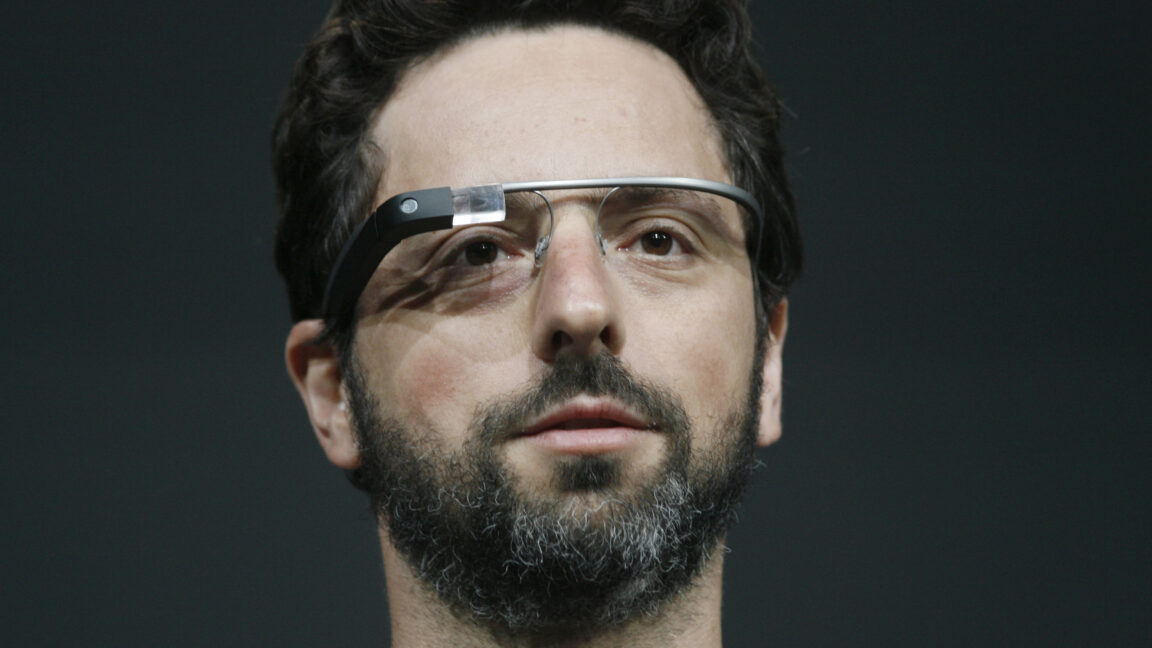Sergey Brin Urges Googlers to Work 60-Hour Weeks for AI Breakthrough

- Sergey Brin has called on Google employees to work 60-hour weeks to support AI efforts
- Brin believes Google is in the best position to achieve a breakthrough in artificial general intelligence (AGI)
- A strong workforce and efficient use of Google's Gemini AI tools are key to success
- Current AI models can only perform specific tasks and do not possess the same level of intelligence as humans
- The development of AGI would have far-reaching implications
Sergey Brin's Call to Action
Sergey Brin, who co-founded Google in the 1990s with Larry Page, has advised employees to be in the office every weekday and work 60 hours per week to support the company's AI efforts. This call to action is part of Brin's effort to drive Google to win the AI race and achieve a breakthrough in artificial general intelligence (AGI).
Brin's memo, seen by The New York Times, emphasizes the importance of a strong workforce and the efficient use of Google's Gemini AI tools in achieving this goal. He believes that Google is in the best position to make this breakthrough, citing the company's strong team of programmers and data scientists.
The Significance of AGI
Artificial general intelligence (AGI) refers to a type of AI that can understand concepts and think like a human being. This would be a significant breakthrough, as current AI models can only perform specific tasks and do not possess the same level of intelligence as humans. Brin, like many in Silicon Valley, is committed to the idea that the current trajectory of generative AI will lead to the development of AGI.
The development of AGI would have far-reaching implications, and Brin believes that Google must strive to be at the forefront of this effort. He has called on employees to work together to achieve this goal, emphasizing the importance of collaboration and dedication.
Google's Current Policy
Currently, Google operates on a hybrid model, with workers expected to be in the office three days per week. However, Brin's pronouncement does not necessarily signal a change to the company's current in-office policy. A Google representative has stated that there are no planned changes to the return-to-office mandate.